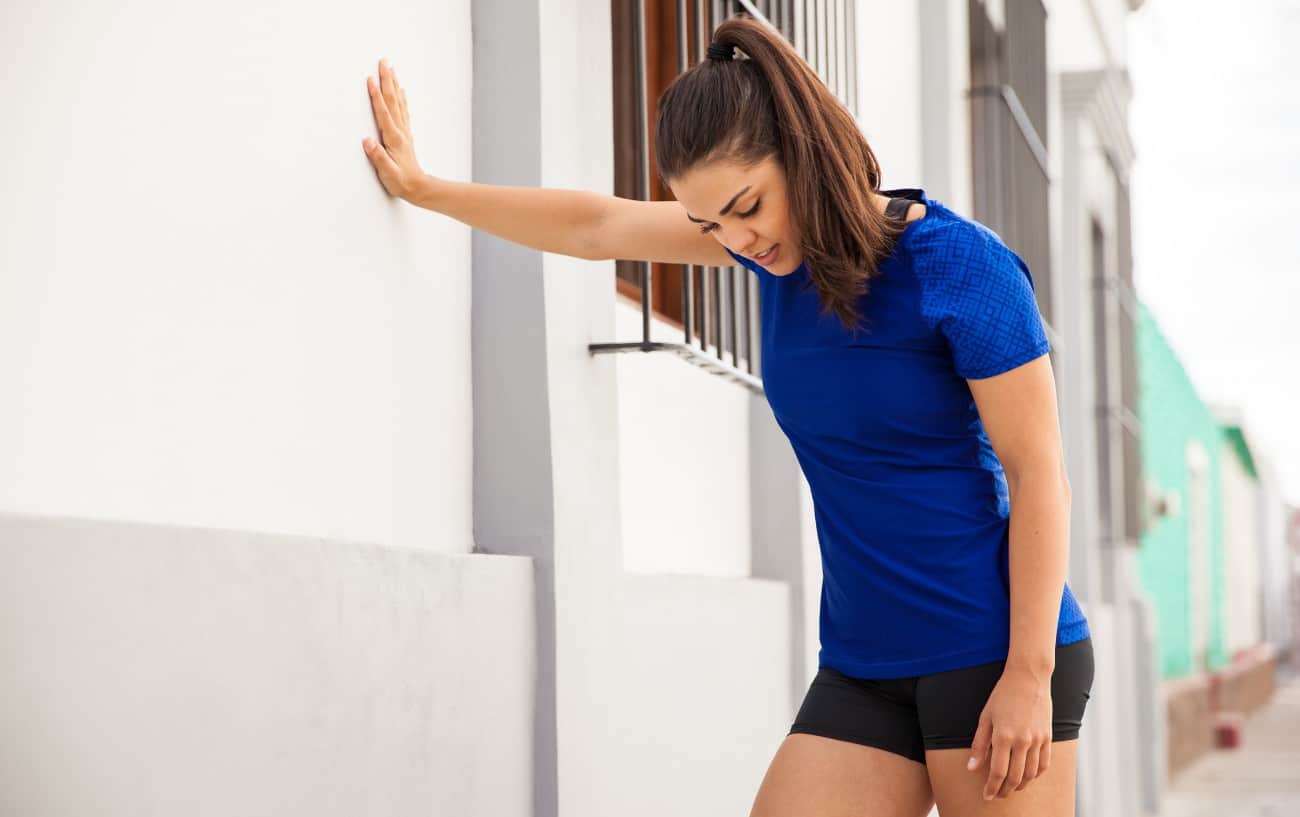The importance of getting enough sleep every night is hammered into us, and we are well aware that adequate sleep is vital not only to run well but also to feel well and maintain optimal health.
Unfortunately, while most runners strive to consistently get enough sleep to support their training and overall health, almost all of us have dealt with a terrible night of sleep here or there.
Whether you’ve had to pull an all-nighter to finish a project at work, had terrible jet lag or are struggling to adjust to daylight savings time, or were up most of the night with a sick child, runners sometimes have to face the dilemma of whether they should go running on no sleep or take the day off.
Sleep-deprived workouts sound like the ultimate oxymoron. After all, who has the energy to go running on no sleep?
But, if you are able to muster the energy to run after not sleeping, should you stick with your workout plan and go running on no sleep?
This article will discuss running on no sleep and the potential effects of sleep-deprived workouts.
We will cover:
- Running When Tired
- The Science of Running On No Sleep
- The Effects of Sleep-Deprived Workouts
- Is It Bad to Run On No Sleep?
- Should I Go Running When I’m Tired?
Let’s get started!
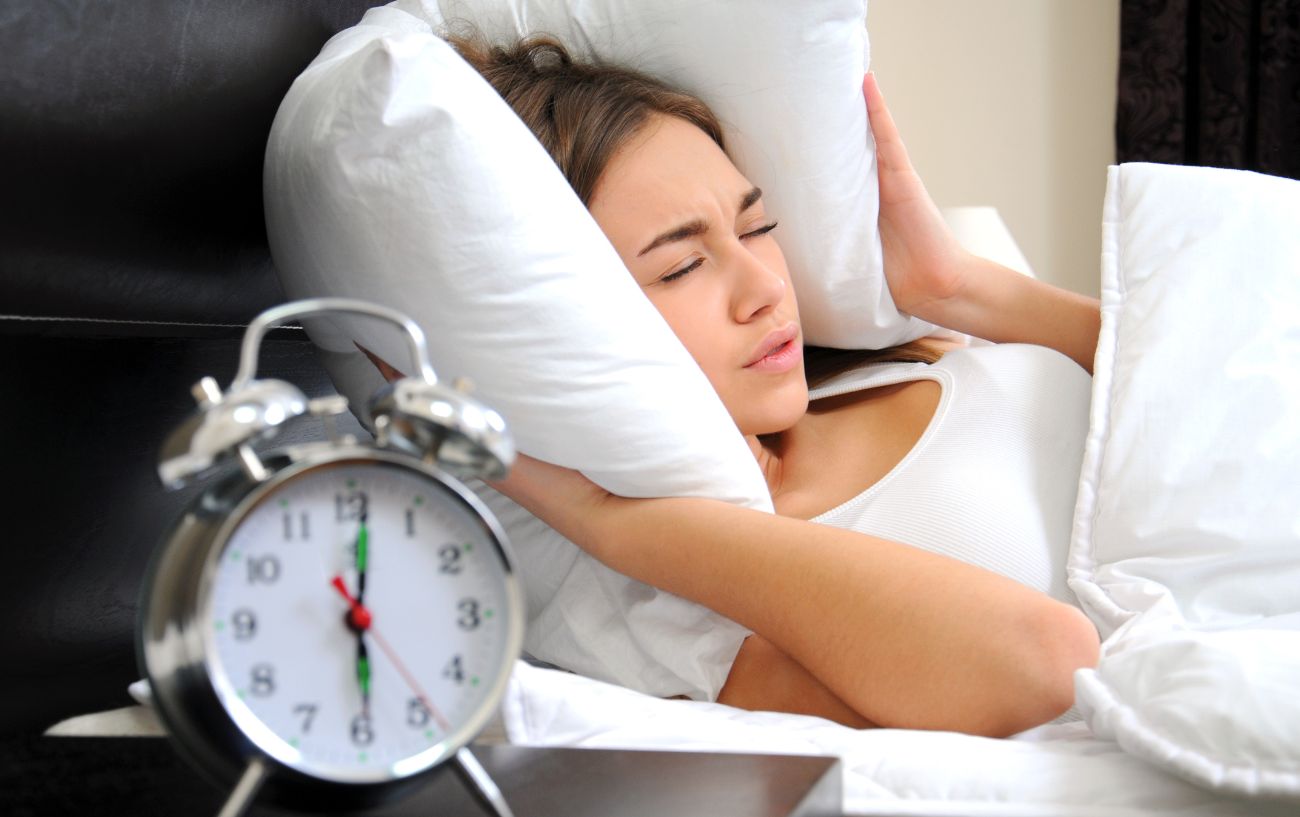
Running When Tired
According to the American Academy of Sleep Medicine and Sleep Research Society, adults need a minimum of 7-9 hours of sleep per night. The needs of athletes are usually somewhat higher.
But, many adults fall short of these guidelines consistently or may have occasional nights of little to no sleep.
Unfortunately, runners are far from immune to getting poor sleep, and in fact, just the anxiety and anticipation of an upcoming race can make it hard to sleep.
For example, one study found that athletes reported difficulty sleeping up to four nights before a competition, while another study demonstrated that 70% of athletes noted sleeping poorly or not getting enough sleep the night before a competition.
While canceling your race after a bad night of sleep is probably unnecessary or not feasible, running when tired is likely to affect your performance.
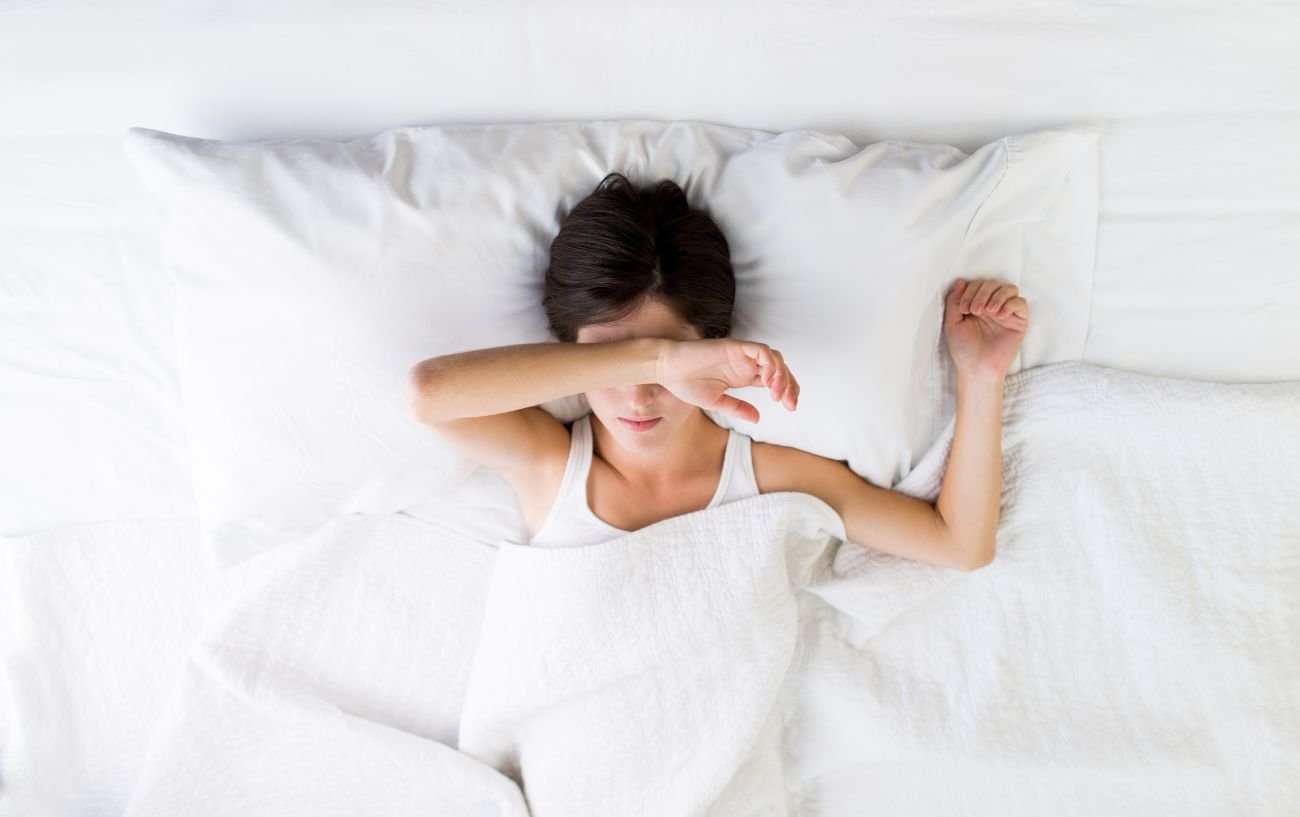
The Science of Running On No Sleep
Although most studies that have looked at the effects of sleep deprivation have focused mostly on cognitive changes in military or emergency services personnel, some have looked specifically at the effects of sleep deprivation on exercise performance.
For example, one study investigated how a poor night’s sleep would affect a workout the next morning.
To do this, researchers had 11 male athletes perform a baseline workout on day 1 that involved running for 90 minutes at 75% VO2 max, followed by 100 drop jumps.
The subjects’ maximal strength was assessed before and after the workout.
During the control condition, subjects were then allowed to sleep 8 hours (from 11 pm to 7 am), while the sleep-deprived condition truncated this duration to only 40%.
The following morning, the subjects were asked to run for 20 minutes at 75% of their VO2 max, during which the researchers evaluated their metabolic response.
Then, the subjects did a time to exhaustion test by running at 85% of their VO2 max until they were spent.
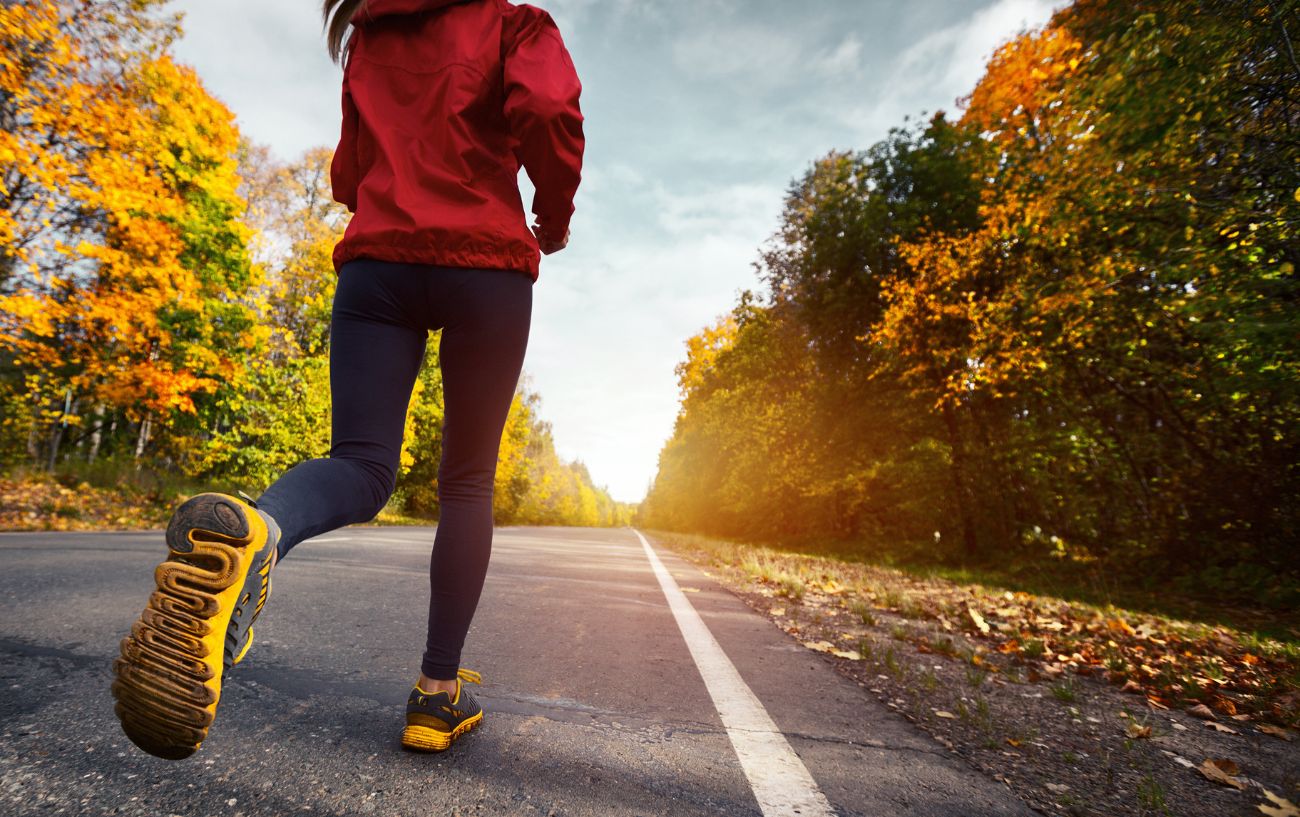
Interestingly, neither the maximum strength measurements nor the VO2 max during 20 minutes of treadmill running differed significantly between the two trials for the sleep-deprived athletes (nor did they change for controls, as expected).
On the other hand, the respiratory exchange ratio (RER) was significantly lower during the 20-minute VO2 testing run between day one and day two for the subjects who were sleep deprived.
Moreover, when comparing the sleep-deprived runners and the control subjects, the time to exhaustion was significantly shorter for those performing the sleep-deprived workout.
The control group of runners who got enough sleep had an average time to exhaustion of 14.8 minutes, whereas the sleep-deprived runners only averaged 11 minutes.
This may not seem like a particularly notable difference, but it’s actually 25% shorter, which is quite a bit.

Of note, the heart rate during exercise wasn’t significantly different between the two groups nor between the two trials for sleep-deprived runners.
However, the subjective score of sleepiness was much higher, and the vitality score was much lower during the sleep-deprived run.
The respiratory exchange ratio is a metabolic metric that looks at the ratio between expired carbon dioxide and inhaled oxygen when you breathe.
A lower RER is indicative of utilizing more fat for fuel, which the researchers hypothesized was due to the fact that sleep deprivation increased energy expenditure and thus depleted glycogen.
Moreover, they noted that sleep is necessary for your body to adequately replenish muscle glycogen.
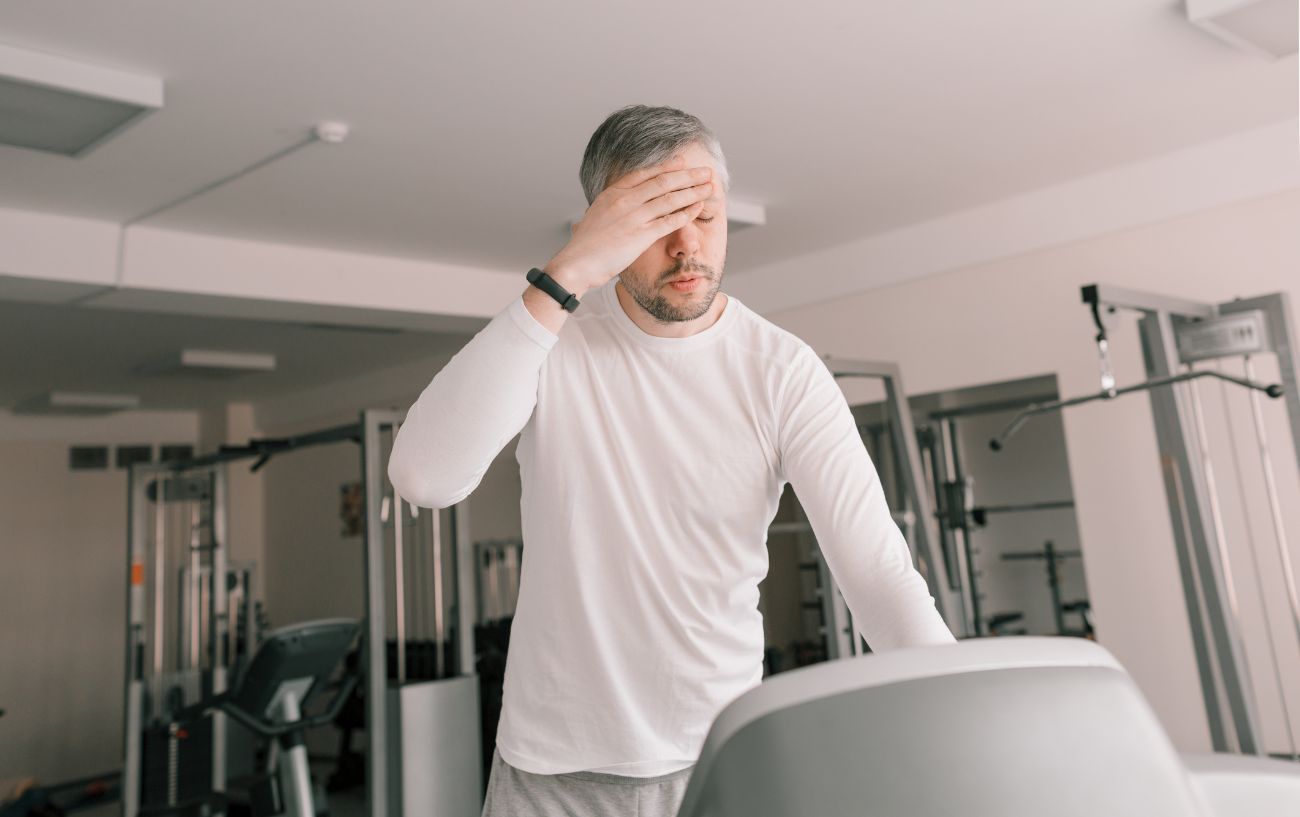
Why does this matter?
Exercise tolerance and endurance have routinely been shown to be impaired by low glycogen availability.
For this reason, the researchers hypothesized that the impaired time to exhaustion during the sleep-deprived trial was largely due to “running on empty” in terms of tapped-out glycogen stores coupled with the altered glucose metabolism when running after poor sleep.
If you don’t have enough carbohydrates available or you’re not utilizing carbohydrates effectively, your body forces you to slow down, and your endurance will suffer.
Although the previous study did not find a difference in heart rate while running on 3 hours of sleep, other studies have indeed found that exercise heart rate is higher after not sleeping.
One study found that heart rate and respiration rate were both higher during submaximal and maximal running in the sleep-deprived state.

Moreover, running on little sleep decreased aerobic capacity (VO2 max), and blood lactate concentrations were higher and increased earlier in the exercise bout than in the well-rested trial.
Another study also found that blood lactate concentrations increase during submaximal running in a sleep-deprived state.
Many studies investigating the effects of sleep-deprived workouts have found that altered perception of effort (increased levels of perceived exertion) is largely responsible for the decrements in exercise endurance.
Additionally, one review concluded that the negative physiological effects of sleep-deprived workouts are likely due to the fact that poor sleep quality and inadequate sleep quantity cause an imbalance in the autonomic nervous system.
These adverse changes mimic the very same deleterious autonomic nervous system changes that are seen with overtraining syndrome.
Therefore, running on no sleep or doing a sleep-deprived workout can simulate the exhausted physical and mental states experienced with overtraining, such as low energy, poor cognitive performance, and increased levels of perceived exertion.
The same review noted that sleep deprivation could increase the production of pro-inflammatory cytokines and decrease the immune response.

The Effects of Sleep-Deprived Workouts
Running when sleep-deprived is difficult because poor sleep or no sleep impairs both your physical and mental performance.
Although different studies have found conflicting results, sleep deprivation can have the following effects, which may impair exercise tolerance and performance:
- Suppressing aerobic capacity
- Inhibiting glucose metabolism
- Inhibiting glycogen replenishment overnight, and utilizing more glycogen while you weren’t sleeping, leaving you in a glycogen-depleted state
- Reducing reaction time
- Impairing concentration and judgment
- Suppressing growth hormone
- Increasing cortisol
- Decreasing heart rate variability
- Decreasing blood sugar
- Suppressing immune function
- Increasing inflammatory cytokines
- Inhibiting your recovery from your previous workout
- Greater neuromuscular fatigue
- Increasing ratings of perceived exertion
- Reducing endurance and time to exhaustion
- Impairing nervous system function

Is It Bad to Run On No Sleep?
Given the effects of sleep deprivation on the body and brain, there are risks associated with running on no sleep.
The biggest concern is the potential increase in the risk of injury or illness.
Running on no sleep or little sleep can increase the risk of injury because sleep deprivation impairs coordination, reaction time, concentration, and judgment.
You are more apt to trip, twist an ankle by stepping off a curb, run with poor form, or make bad decisions about running when your body has had enough.
Additionally, sleep deprivation acts as a significant stressor to the body. Your cortisol levels and other markers of systemic inflammation will be higher while your immune system function is compromised.
Furthermore, because sleep is critical for recovering properly after a workout when you go running after not sleeping, your body has not fully recovered from your previous workout.
Taken together, these deleterious changes can increase your risk of injury or illness during a sleep-deprived workout.
A good rule of thumb to follow is to not run after not sleeping if you feel a little wonky or uncoordinated, have been dealing with a niggle, or feel a virus coming on.

Should I Run When I’m Tired?
Just because you slept poorly or didn’t get enough sleep doesn’t necessarily mean that you can’t go running or shouldn’t go running.
However, it is best to evaluate your situation and adjust your expectations.
If you are already feeling pretty worn down from your training or have had several nights in a row of poor sleep, it’s probably advisable to skip your run and get some rest (perhaps a nap!).
On the other hand, if you have been feeling healthy in general and just had a bad night of sleep, you can probably go for your run with a few adjustments.
For example, let’s say you have to go running on 3 hours of sleep.
Instead of doing a speed workout or longer run, modify your workout to be an easy distance run.
If you use a heart rate monitor, keep your heart rate in the aerobic zone, which may necessitate slowing your usual pace.
Or, run by effort and ignore pace altogether; you might even want to leave your watch at home so you can fully focus on how you feel without external pressure.
The most important thing to keep in mind is that taking a day off is never going to hurt. Running when you’re really tired, however, can potentially set you back and put your body into a state of stress.
In terms of deciding whether or not to run after not sleeping well, listen to your body and use your best judgment, keeping in mind that your decision-making ability is likely impaired when you’re tired.
If you decide to go for a run on no sleep, be careful and mind your safety. Check out our safety guide for tips on how to run safely on the roads and trails.
